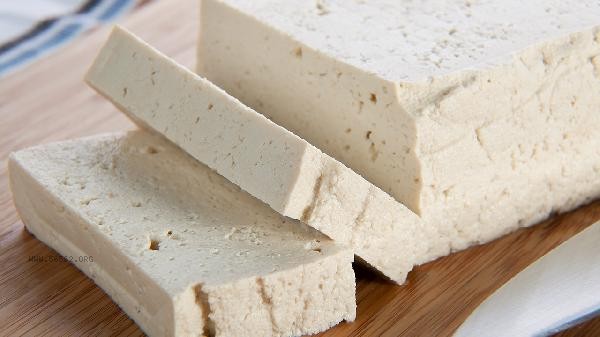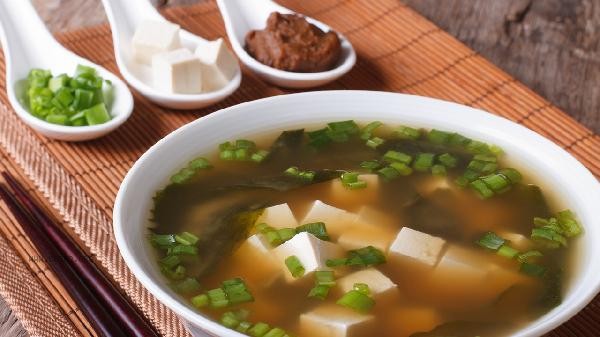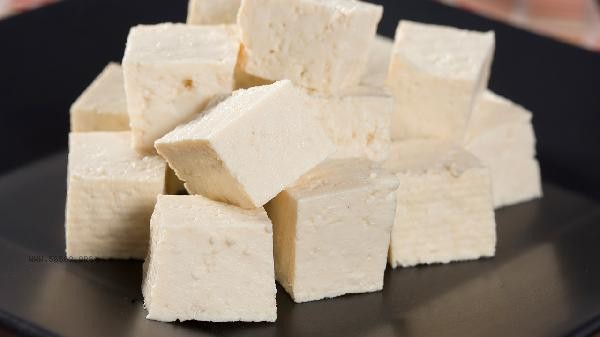The commonly used coagulants for making tofu include gypsum, brine, gluconolactone, citric acid, and vinegar. Tofu made from gypsum has a delicate texture, while salted tofu has a tight texture. Gluconolactone is suitable for making tender tofu, while citric acid and vinegar are suitable for small household productions.

1. Gypsum
Gypsum is a commonly used coagulant in traditional tofu production, mainly composed of calcium sulfate. Tofu made with gypsum dots has a delicate texture and a strong bean aroma, making it suitable for making aged tofu. The solidification speed of gypsum is moderate and the operation is relatively simple, but the amount needs to be controlled properly, as too much can cause tofu to become bitter. Gypsum tofu has a high calcium content, which helps to supplement the minerals needed by the human body.
2. Salt brine
Salt brine, also known as brine, is mainly composed of magnesium chloride. Tofu made with salt brine has a compact texture and a prominent bean aroma, making it suitable for making northern tofu. The solidification speed of brine is relatively fast, and it is necessary to master the technique of spotting. Salted tofu is rich in magnesium, but its sodium content is relatively high. People with hypertension should pay attention to their consumption.
3. Gluconolactone
Gluconolactone is a commonly used coagulant in modern tofu production, suitable for making tender tofu and lactone tofu. Its solidification process is mild, and the tofu product is delicate, smooth, and tender, with good water retention. Gluconolactone tofu has a soft texture and is suitable for the elderly and children, but the bean aroma is relatively light. This coagulant is easy to use and suitable for home production.

4. Citric acid
As a natural organic acid, citric acid can react with calcium ions in soybean milk to form coagulation. Tofu made with citric acid has a refreshing taste and a slight sour taste, making it suitable for making tofu with special flavors. Citric acid solidifies slowly and requires heating to promote solidification. This coagulant is suitable for people who are allergic to traditional coagulants, but the tofu production is relatively low.
5. Vinegar
Edible vinegar is a commonly used coagulant for making tofu at home, mainly using the acetic acid in it to coagulate the protein. Tofu made with vinegar has a slight sour taste and a loose texture. This method is easy to operate and suitable for small-scale production at home, but the tofu molding effect and taste are not as good as professional coagulants. When using vinegar to make tofu, it is important to choose pure grain vinegar and avoid using blended vinegar. When choosing tofu coagulants, it is necessary to consider the taste requirements, ease of operation, and nutritional value of tofu. Traditional gypsum and brine are suitable for pursuing bean aroma and specific taste, gluconolactone is suitable for making tender tofu, and citric acid and vinegar are suitable for families to try in small quantities. Tofu made with different coagulants has their own unique nutritional components, which can be rotated for more comprehensive nutrition. During the production process, attention should be paid to the dosage of coagulant and temperature control to ensure the quality of tofu. Tofu is a high-quality source of plant protein, and moderate consumption can help supplement protein and minerals.










Comments (0)
Leave a Comment
No comments yet
Be the first to share your thoughts!